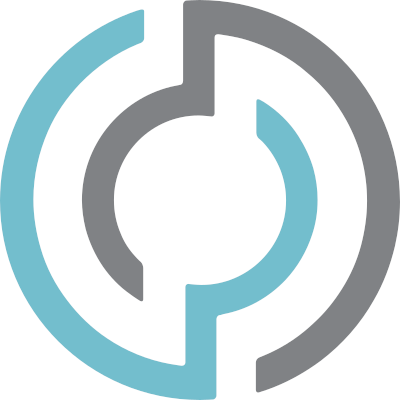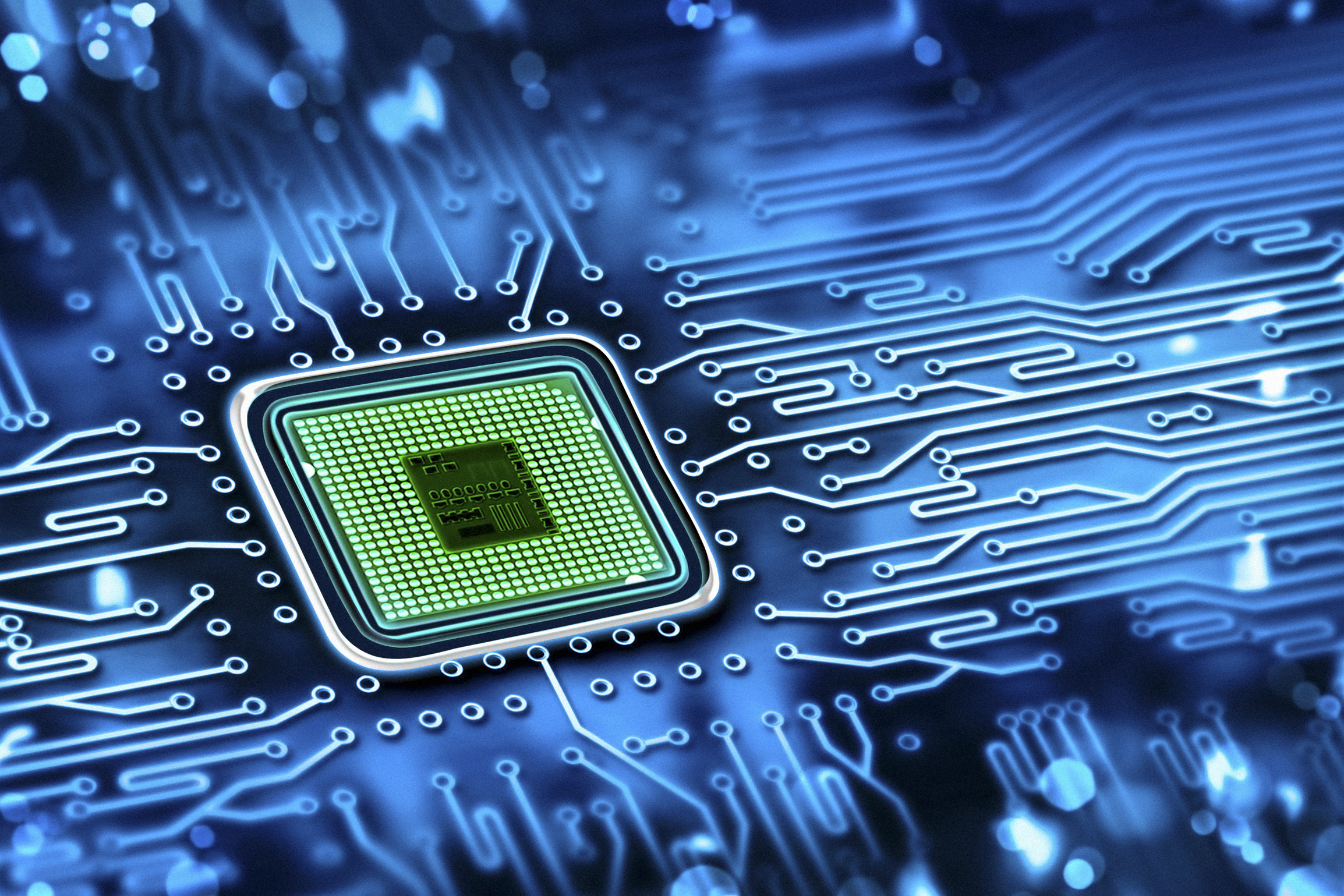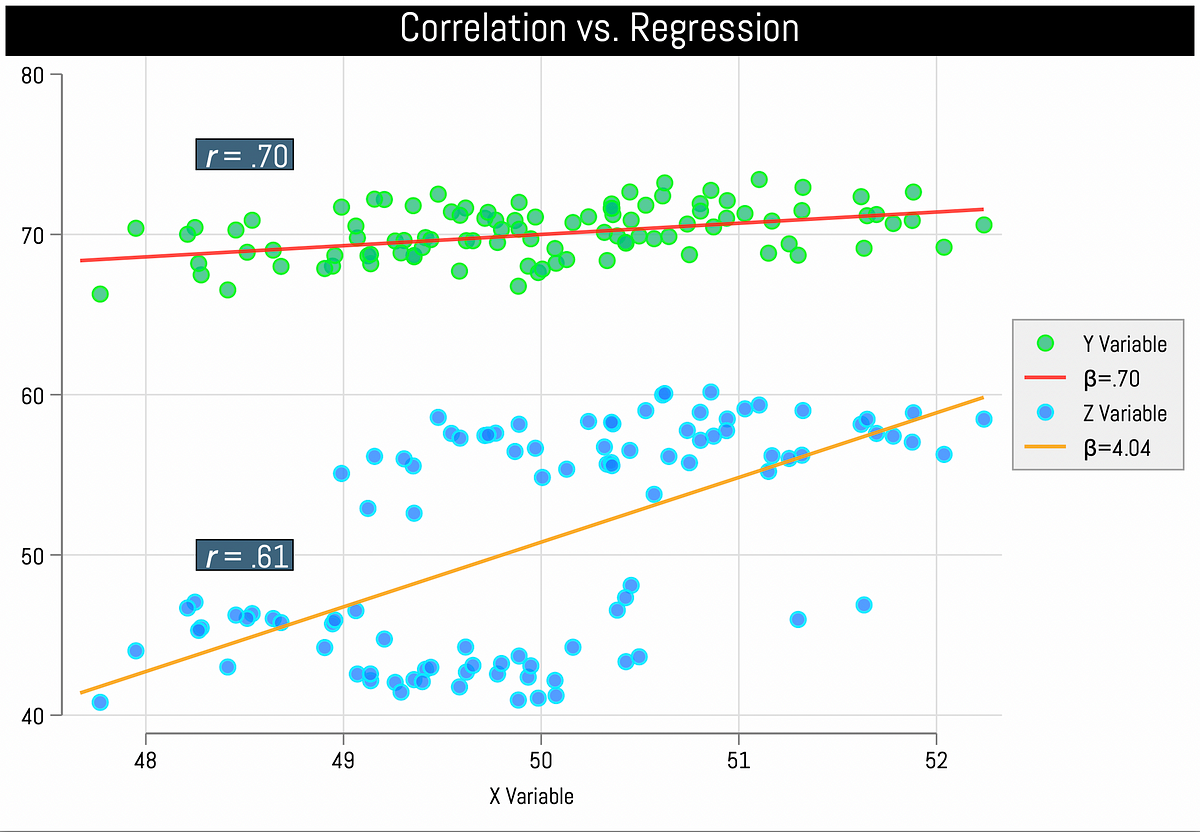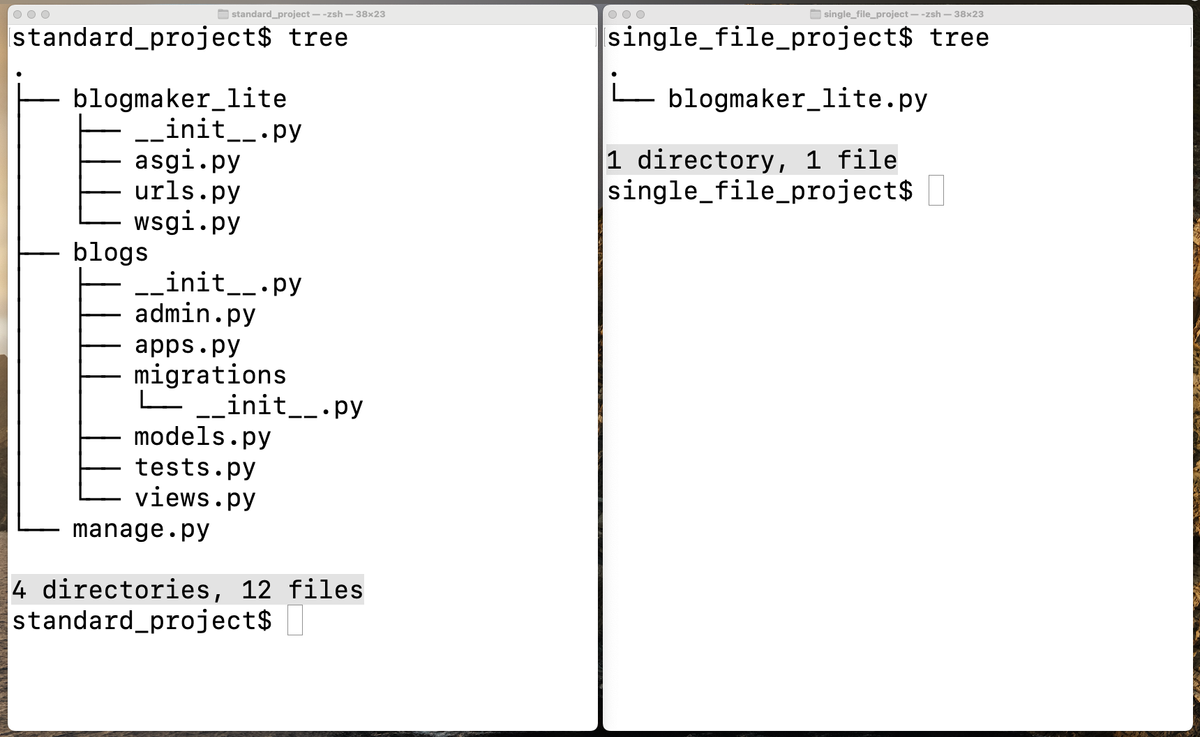
Internet Addiction: A Brief Summary of Research and Practice
bUniversity of Marburg, Department for Clinical Psychology and Psychotherapy, Gutenbergstraße 18, 35032 Marburg, Germany
Problematic computer use is a growing social issue which is being debated worldwide. Internet Addiction Disorder (IAD) ruins lives by causing neurological complications, psychological disturbances, and social problems. Surveys in the United States and Europe have indicated alarming prevalence rates between 1.5 and 8.2% [1]. There are several reviews addressing the definition, classification, assessment, epidemiology, and co-morbidity of IAD [2-5], and some reviews [6-8] addressing the treatment of IAD. The aim of this paper is to give a preferably brief overview of research on IAD and theoretical considerations from a practical perspective based on years of daily work with clients suffering from Internet addiction. Furthermore, with this paper we intend to bring in practical experience in the debate about the eventual inclusion of IAD in the next version of the Diagnostic and Statistical Manual of Mental Disorders (DSM).
The idea that problematic computer use meets criteria for an addiction, and therefore should be included in the next iteration of the Diagnostic and Statistical Manual of Mental Disorders (DSM), 4th ed. Text Revision [9] was first proposed by Kimberly Young, PhD in her seminal 1996 paper [10]. Since that time IAD has been extensively studied and is indeed, currently under consideration for inclusion in the DSM-V [11]. Meanwhile, both China and South Korea have identified Internet addiction as a significant public health threat and both countries support education, research and treatment [12]. In the United States, despite a growing body of research, and treatment for the disorder available in out-patient and in-patient settings, there has been no formal governmental response to the issue of Internet addiction. While the debate goes on about whether or not the DSM-V should designate Internet addiction a mental disorder [12-14] people currently suffering from Internet addiction are seeking treatment. Because of our experience we support the development of uniform diagnostic criteria and the inclusion of IAD in the DSM-V [11] in order to advance public education, diagnosis and treatment of this important disorder.





















